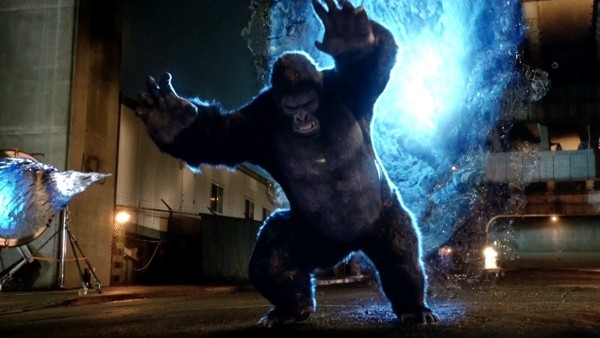Is CGI Getting Worse?
4. The Democratisation Of CGI

Over the last decade or more we’ve seen computers and smartphones get cheaper, broadband become de rigueur, and a corresponding increase in online access across the board. The internet isn’t the province of geeks with gadgets anymore: anyone, anywhere can get online.
The same is true of CGI. Memory and processing power have been getting cheaper year on year, and the CG tricks of the trade that used to be the province of the biggest and best are now available to practically everyone at relatively affordable prices.
This means that cheap CGI is everywhere: and inevitably, cheap CGI doesn’t look as good as expensive CGI. It’s one of those situations where, the vast majority of the time, what you put in (in terms of both money and time) actually does correlate to what you get out.
This is why Deadpool’s Colossus looks like the cheesy DTV effect that he is, whereas Thor: Ragnarok’s Hulk is a fully realised character - Taika Waititi had three times the budget, and it shows.
It’s the difference between decent computer illustrations - cartoons in a live action movie, essentially - and something created to seamlessly blend in with the real so that it also looks as though it’s real.
Again, a lot of this is context, and a little ingenuity can go a long way. Superhero television is delivered on a budget, so of course the production values tend to suffer by comparison with their cinematic equivalents - but when The Flash showcased Gorilla Grodd as a villain of the week on The CW they hid the monster gorilla in dark sewer tunnels and relied on fast cuts to hide the cheapness of the CG effect while simultaneously making him appear more violent and terrifying.
In a later episode, multiple mutant gorillas were out in the open, leaping from rooftops and fighting in the streets. The drop in quality was jaw dropping, but the budget was probably significantly higher.
Sadly, now that CGI is cheaper and more widely available, more and more creatives in TV and film are using it as a crutch to avoid having to be clever storytellers: whatever the issues are, you can ‘fix it in post’. Far too many directors are...